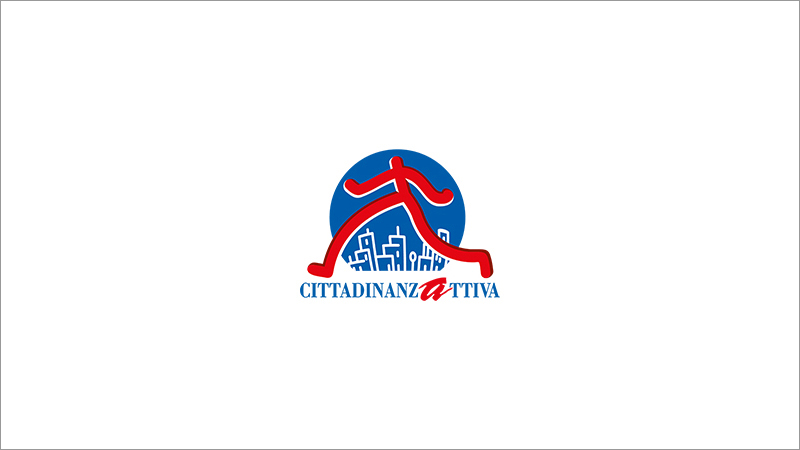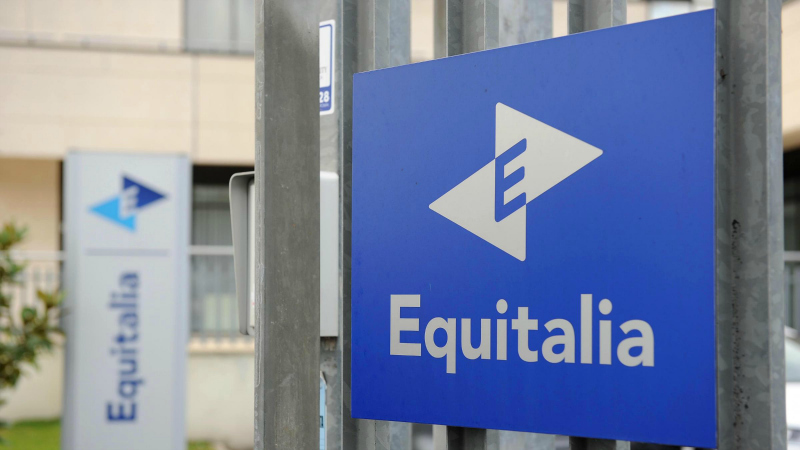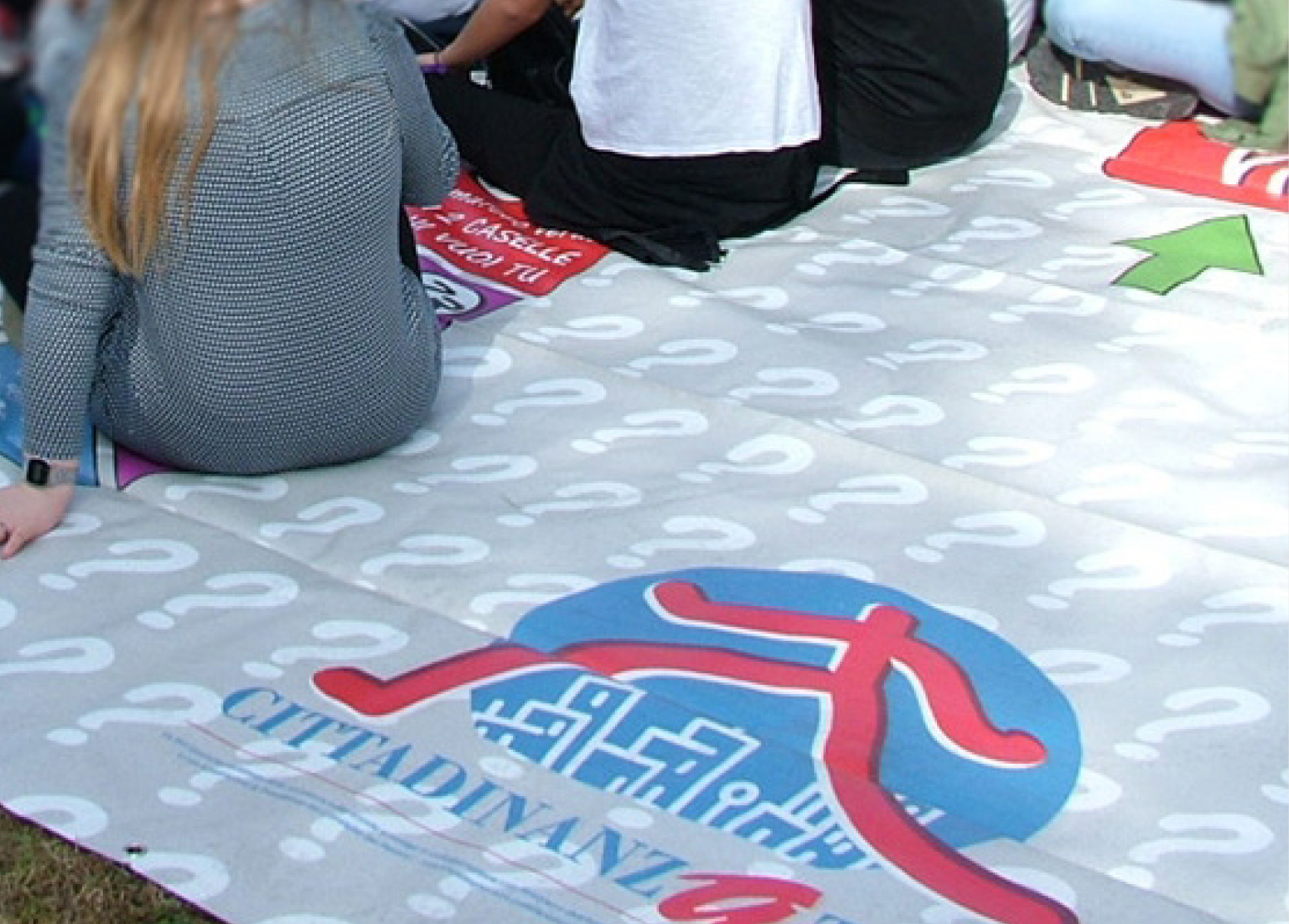Families: the weak social groups. Increasing expenses. Inadequate and limited relief.
A research presented by Cittadinanzattiva on “Weak Social Groups and Local Public Services: means to ensure families a sustainable standard of living”
€ 333 for water, €308 for refuse collection, €512 for electricity bills, €1.162 for gas, € 290 for public transport. To all these expenses €8.184 should be added for house mortgage and, for those who have children, an extra €3.090 per annum are paid for nursery schools. This adds up to a total estimate of €13.879 for annual average expenses in 2013-2014 for an “average” Italian family. These data were produced by Cittadinanzattiva’s Observatory on Prices and Tariffs together with the Ania Consumer Forum.
Extra “out-of-pocket” healthcare expenses have been quantified by Istat in € 900 per annum in 2012, plus the so called voluntary contributions for school services averaging € 70 per annum per child.
Therefore, taking into account these so called fixed expenses, the average Italian family spends nowadays over € 14.845 per annum to which should be added food, clothing, free time and other expenses. The data supplied by Istat for the year 2014 also show that the average net annual income per family is € 29.956; 39,5% of families do not have the means to face unexpected expenses and 65,2% cannot save any money. 12% have overdue bills other than those relating to house mortgages.
Antonio Gaudioso, Secretary General of Cittadinanzattiva says: “The research shows the weakness of the measures enacted to sustain the average Italian family which during the years has become more and more a weak subject squeezed between the economic crisis and a welfare system no longer adequate for the needs of a deeply changed society. The data show weak, anachronistic and non-homogeneous measures at territorial level which do not address the needs of the new categories of weak subjects such as immigrants. We also find ourselves faced with a paradox: citizens are often called upon to economically sustain the public administrations in the supply of services (e.g. schools) but, as of today, the system does not allow them to have any part in the definition of such services”.
The following are some telling examples:
Water. In 2013 Italian families (3 members, ISEE income €19.900, annual consumption 192 cubic metres) have spent €333 each (+7,4% compared with 2012) for integrated water supply services but there are very strong geographical differences: from a minimum of €120 in Isernia to a maximum of €542 in Florence. Reductions on tariffs are enacted in 56% of the Town Councils or local Water Boards: 49% have fixed in €8.500 the limit of ISEE income within which families are allowed to relief (which in ¼ of the cases consists in a reduction of the tariff); 39% have set at minimum 5 the number of the members of the family claiming relief; 31% have fixed the income limit at € 9.000 ISEE and at least 3 members; 19% have ruled that the family should include one disabled member and the ISEE income should not exceed €12.700; 17% of the authorities grant relief to families which include one old age pensioner and the ISEE income does not exceed € 9.500.
Waste: the average refuse collection tax in 2013 was €308 (+22% compared with 2012),going from a minimum of € 141 in Isernia to a maximum of €560 in Siracusa. Only 65% of the Town Councils have enacted relief measures and among these 65% have fixed the right of access to €7.500 of ISEE income; 35% require the presence of elderly or disabled people in the family and an ISEE income up to €10.000; 25% have fixed at a minimum of 4 the number of family members and an ISEE income up to €20.200; 25% require that the dwelling be occupied by only one person; 15% grant relief only in the case when the family’s economic situation was changed by unemployment, mobility or temporary lay-off.
Nursery schools: the average expense in 2013 was €3.090 per family (+1,3% compared with 2012), for 10-month full-time attendance (10% of the family income). There are substantial differences among provinces going from €1.520 in Trapani to € 5.150 in Lecco. 56% of the Town Councils have introduced a relief system: fees are reduced in the case of non attendance at school for health reasons in 45% of the cases; 63% apply a reduction starting from the second child attending the nursery; 19% grant relief in cases of changes in the family’s economic situation (unemployment, mobility, temporary lay-off); 15% of the Town Councils grant relief in the case of disabled children; in only 3% of the cases fees are reduced if the family is paying a mortgage as first time buyers.
Transport. According to Istat the annual expenses o fan average family to run a car amount to about €3.000 whereas those for public transport would be €335. According to data from the Observatory of Prices and Tariffs of Cittadinanzattiva the average cost of a yearly season ticket for local public transport id €290, going from a minimum of €150 in Vercelli to a maximum of €500 in Imperia. The most important relief measures are for elderly people/pensioners (75% of the cases), students (64%), university students (53% considering also ISEE), disabled or invalids (46%), families (19%), young citizens (18%), unemployed, first employment seekers and workers temporarily laid-off (10%), according to ISEE income (9%).
Healthcare: a family average expense in 2012 for medicines and visits by specialist doctors was €900 (source Istat), a reduction of 6.2% compared with 2011 and of 10% compared with 2008. Co-pay charges have increased by 13.4% on specialist visits from 2011 to 2012, 5.2% for medicines. The regions in which these increases were the highest were Tuscany(+23,4%), Basilicata(23,3%), Veneto (+22,7%) and Liguria (+21,5%).












